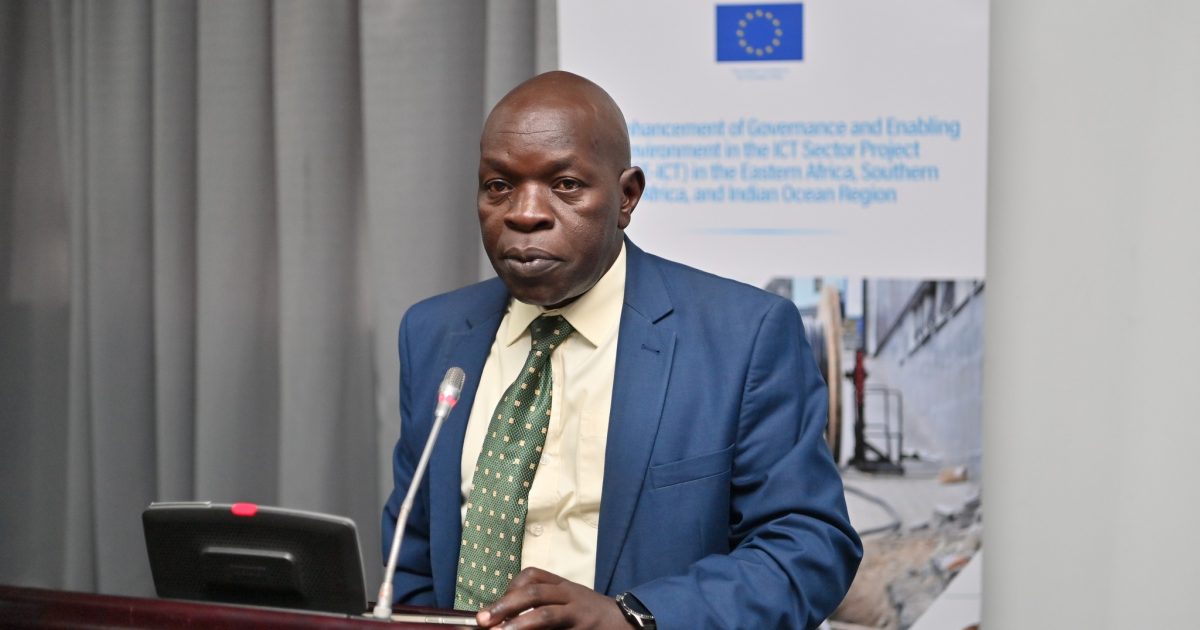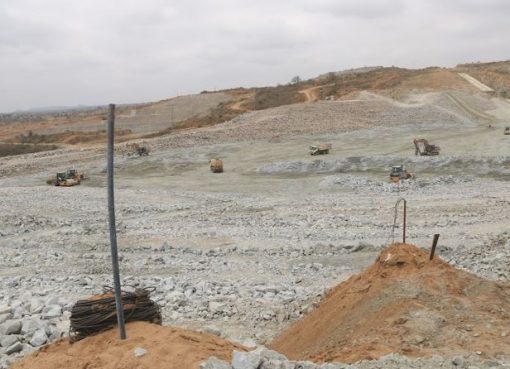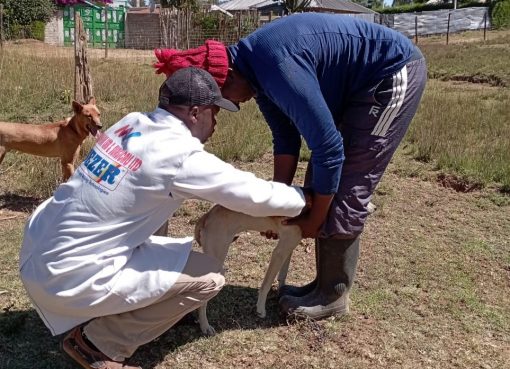The Common Market for Eastern and Southern Africa (COMESA) is seeking a downward review of mobile phone network roaming and interconnection charges in efforts to deepen regional integration, trade and growth of the ICT sector.
To this effect, the COMESA Secretariat and the European Union (EU) have signed a Grant contribution agreement worth 8 million Euros for the Enhancement of Governance and Enabling Environment in the ICT sector (EGEE-ICT) in Eastern Africa, Southern Africa and the Indian Ocean region (EA-SA-IO).
State Department for ICT and the Digital Economy Principal Secretary (PS) Eng. John Tanui said that the Government of Kenya acknowledges that digital development is a priority area that will drive prosperity and economic development in the country and the region in general.
Tanui said that in 2019 Kenya developed a digital economy blueprint that sought to provide a conceptual framework in the country’s quest to have a sustainable digital economy.
In a speech read on his behalf by the Director of ICT at the Ministry Lyford Murithi in Nairobi, during a workshop to validate the study on regional roaming and interconnections, the PS said that Kenya just like other regional countries has benefited a lot from the digital economy explaining that locally the digital economy generates 9.24 per cent of the country’s Gross Domestic Product (GDP).
“Though we have witnessed increased use of ICTs in Africa for the past few years as indicated by various factors such as increased subscription and improvement in coverage, a lot more needs to be done. We need to increase the ICT infrastructure and target the underserved and unserved communities, improve ICT and digital literacy at all levels as well as ensure ICT devices are affordable,” he said.
The PS explained that only recently Kenya launched an assembly plant for affordable mobile phones that will go a long way in promoting the uptake of digital services and deepen digital transformation across all levels of society.
“The Government of Kenya acknowledges the role that COMESA plays in regional integration through various ICT programmes and initiatives. Thus, the programme for Enhancement of Governance and Enabling Environment in the ICT sector (EGEE-ICT) in the Eastern Africa, Southern Africa, and the Indian Ocean region (EA-SA-IO) led by COMESA is one of the initiatives which will ensure growth and development of ICT in our region,” said Tanui.
The PS said that developing a model policy and regulatory guidelines for the use of fibre infrastructure on an open access principle and infrastructure sharing is a very welcome move, adding that these guidelines should aim at encouraging fair, non-discriminatory, reasonable prices and transparent access to fibre infrastructure.
According to the PS, the strategic framework will foster regional cooperation on access to backbone networks as well as undersea cables and the associated landing stations.
He explained that high roaming charges and the cost of international calls are a hindrance to achieving ease of communication in the African region.
Tanui said that if the cost of communication were favorable it would have a ripple effect on several areas such as increased cross-border trade, free movement of people, reduced cost of doing business and ultimately enhanced regional integration.
“Kenya joined the EAC one network area in 2012 and we can attest to the benefits we have been able to experience since then. There has been an increase in traffic between Kenya and the EAC partner states,” said Tanui.
COMESA Ag. Officer in Charge of the Infrastructure Division Dr. Bernard Zawanda said that the objective of the EGEE-ICT programme is to deepen regional integration and growth of the ICT sector.
“The programme supports the review and development of various ICT policies and regulatory frameworks that contribute to enhanced competition and improved access to affordable and secure ICT infrastructure and services,” said Dr. Zawanda.
He explained that the beneficiaries of the programme are the 29 countries of the EA-SA-IO region.
“The programme is being implemented through a cooperation framework involving the five regional economic communities with COMESA as the lead regional economic community,” he said.
On his part, James Kivuva, who coordinates the communication sector in the East African Community (EAC) secretariat said that under EAC they are already implementing the roaming framework, which has reduced the cost of calling another country and the person receiving a call does not get charged.
“This COMESA-led project is coming to complement what we have and extend to other regions. The other day I was in Zimbabwe and it was very expensive to call, I went to Zambia and it was cheaper. Once we have the agreement we expect to expand roaming to Southern and Northern African countries,” said Kivuva.
At the same time, Leonard Chitundu from the COMESA Secretariat, who is in charge of the Telecommunications Unit said that the roaming charges in Africa are high and the COMESA ministers have recommended their abolishment.
“This means we will only remain with interconnection charges when terminating into another network and this implies that there will be almost uniform calling rates from one country to another and that is our aim,” said Chitundu.
By Joseph Ng’ang’a





